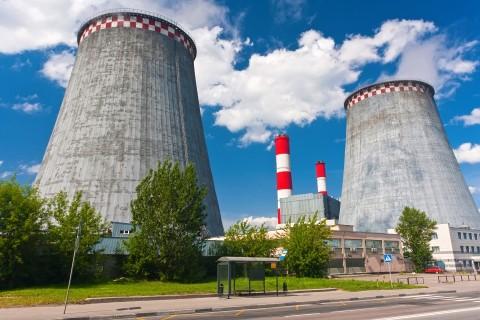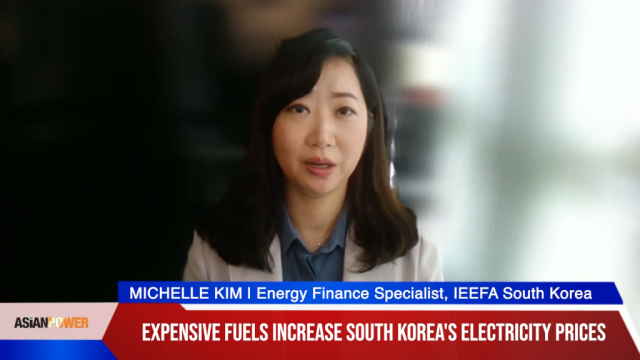
Asia's nuclear power dreams threatened by cheaper prices for natural gas
Strong government support may not be enough.
According to a recent report by Moody's Investors Services, China and South Korea have the most supportive policies on nuclear energy on a global scale, with significant new nuclear construction programs under way in both countries.
In addition, Japan has been supportive of restarting some of the country's nuclear reactors, despite public opposition since the 2011 Fukushima nuclear accident.
Here's more from Moody's report:
"Despite government support for nuclear generation in most major economies, low prices for natural gas have put nuclear power in a less
competitive position," says Patrick Mispagel, a Moody's Associate Managing Director."As a result, nuclear generation is growing only in a few major markets, most notably China and South Korea," adds Mispagel.
Mispagel was speaking on the release of a new Moody's report, entitled "Global Nuclear Generation Prospects Power Up in Asia But Power Down Elsewhere".
The report examines the prospects for nuclear generation in seven markets -- China, South Korea, Japan, the US, the UK, France and Germany -- and the effect of nuclear generation on the credit quality of the utilities operating within them.
Moody's report notes that while most of these countries support nuclear energy, Germany is taking an aggressive stance against nuclear power with the gradual phase-out of its reactors.
In addition, low natural gas prices in the US and the push toward renewable energy in Europe are slowing down nuclear expansion in these
regions.Only in some of the major Asian countries, such as China and South Korea, where natural-gas prices are relatively high, is new nuclear generation being pursued to a significant degree against a backdrop of strong demand for electricity.
In China, China General Nuclear Power Corporation (A3 stable) and China National Nuclear Corporation (unrated) are constructing a large number of new nuclear units that will dramatically increase the country's nuclear generation output, which today stands at about 2% of China's total energy mix.
Meanwhile, the government of South Korea has targeted a more modest increase in nuclear generation. The government's continued support of nuclear power is notable given the discovery of substandard parts at several of Korea Hydro and Nuclear Power Company's (Aa3 stable) nuclear reactors in 2013.
However, the Korean government responded to the discovery by instituting increased oversight of the reactors, rather than by lowering its overall support for nuclear power.
In Japan, the shutdown of all nuclear reactors following the Fukushima accident in 2011 has led to the most dramatic drop in nuclear generation output. Output fell from 29% of total power generation in 2010 to just under 2% in 2013 and to zero now, with all nuclear reactors currently out of service.
As a result, the country's utilities have higher fuel costs, given their increased reliance on natural gas, oil and coal to generate electricity,
leading to substantial operating losses.























 Advertise
Advertise







